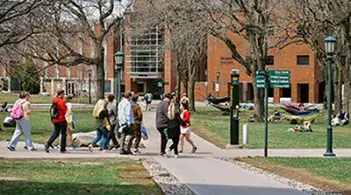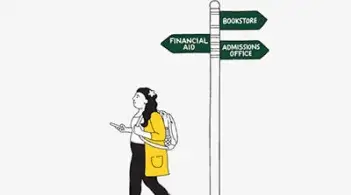Program Overview
Psychological Science (Psychology) is the study of the mind and behavior. It is a diverse scientific discipline comprising several major branches of research (e.g., experimental, biological, cognitive, lifespan developmental, personality, social), as well as several subareas of research and applied psychology (e.g., clinical, industrial/organizational, school and educational, human factors, health, neuropsychology). Research in psychology involves observation, experimentation, testing, and analysis to explore the biological, cognitive, emotional, personal, and social processes or stimuli underlying human and animal behavior. The practice of psychology involves the use of psychological knowledge for any of several purposes: to understand and treat mental, emotional, physical, and social dysfunction; to understand and enhance behavior in various settings of human activity (e.g., school, workplace, courtroom, sports arena, battlefield); and to improve machine and building design for human use (American Psychological Association, 2018).
If you are looking for flexibility, the B.A. option may be best for you. The B.A. has fewer requirements within psychology than the B.S., but requires a minor. Your minor can directly complement your Psychological Science major, or help you develop additional career-related knowledge, or can simply be something you find rewarding and an exciting opportunity to grow.


